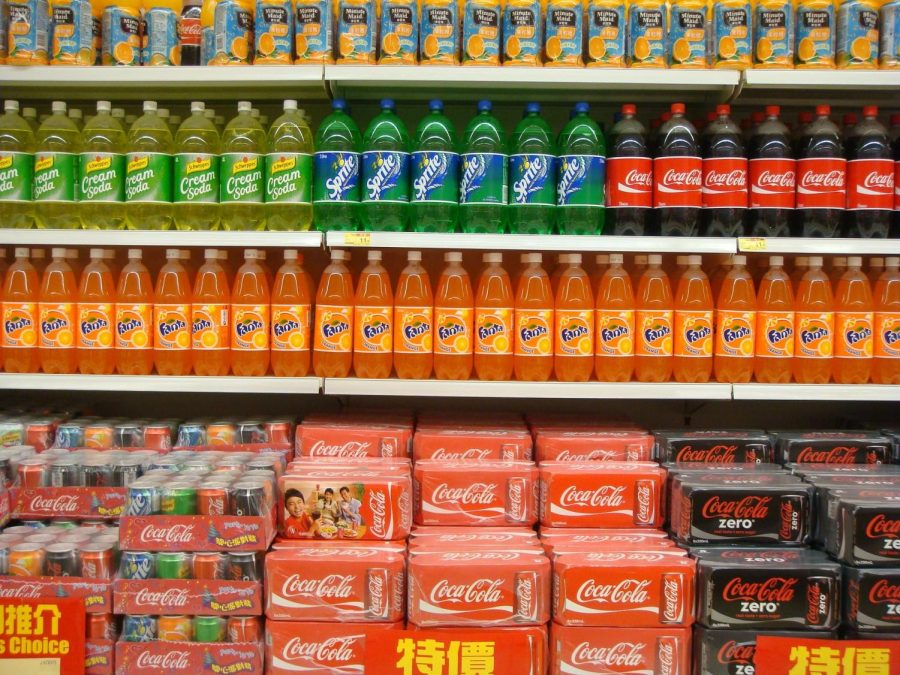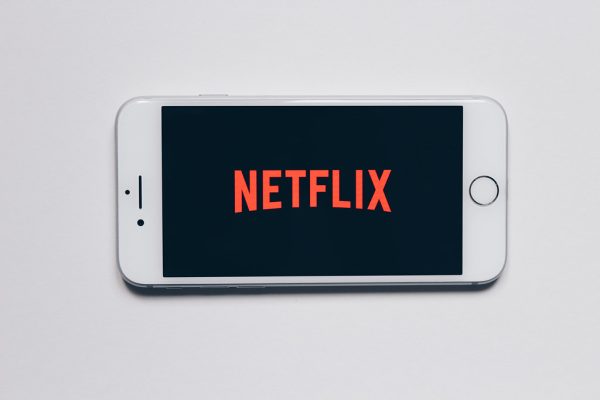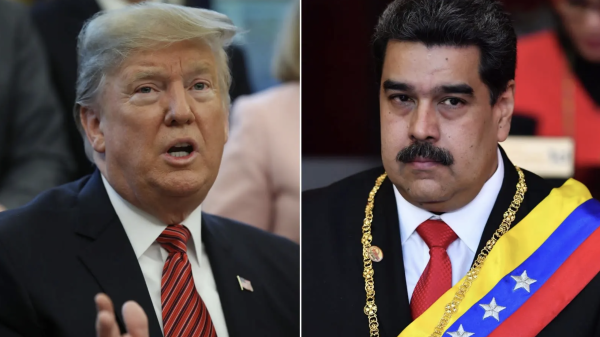Nudging to a Healthier Future
January 23, 2022
Our behaviors are subtly influenced every day. As we wait in the check-out line at the grocery store, unhealthy products such as gum and candy vie for our attention—things we didn’t plan on purchasing, but are inevitably drawn towards. Taxes, fees, and rebates represent another form of influence, meant to encourage more or less consumption of a given product. The influences of these “nudges” are all around us. While some behavioral “nudges” push individuals towards unhealthy behaviors, they can also encourage us to make more sustainable and responsible choices.
One such beneficial nudge is the sugar tax. Similar to a gas tax, it increases the price of sugar in soft drinks, creating a slight economic disincentive for purchasing sodas. In most developed nations, the average individual’s sugar consumption is well above the medically advised quantity, and soft drinks are a significant portion of that excess. While not going so far as to completely ban sugary drinks or mandate the consumption of healthier drinks, a sugar tax is a way to push consumers towards healthier decisions.
Such mechanisms are often called “corrective” taxes. Upping the price of inexpensive soft drinks aims to address the long-term damage sugar wreaks upon a consumer’s body; each year, for example, millions of people die from type 2 diabetes, obesity, and heart disease. Although we know that one soft drink won’t stop our hearts, a study published in the American Heart and Association found that, on average, for each serving of sugary drink consumed per day by men, the rate of heart disease increased by 20%. The negative health effects of sugary drinks can’t be ignored.
While quantifying a fair tax for both consumers and drink companies is difficult, the approach still has merit. While consumers may not actively compare the prices of healthy and unhealthy drinks, or check the amount of sugar in each soda, patterns with past products suggest that such corrective taxes would, in time, slowly shift buying patterns. The basic economic principle of “increased price equals decreased consumption” would most likely hold true.
Importantly, corrective taxes not only nudge customers towards healthy behavior, but also companies. In Britain, the tax on beverage companies decreases with lower sugar quantities in their products, such as at 5 grams of sugar per 100 milliliters, which is about half the sugar in a Coca-Cola or Pepsi. As a result, the UK has seen soft-drink manufacturers decrease the amount of sugar in their drinks to stay competitive. This means a lower tax on lower-sugar drinks, and a higher tax on drinks by manufacturers which decide to stick with higher sugar levels. In this case, the consumer doesn’t have to do anything: There are no active or passive choices because consumers are already “nudged” by the tax incentive given to companies.
A number of worldwide experiments already provide evidence of the benefits of “nudge” taxes. Some of the largest sugar-tax projects have been implemented in Britain; Mexico; and Berkeley, California. In Berkeley, a tax of one-cent per ounce of soft drink was implemented in 2015; this tax was specifically meant to improve the health of those in poorer communities. According to a UC Berkeley study, after the tax, soft-drink consumption dropped by over 21% in low-income households. Lastly, Mexico instituted a similar tax, reducing national consumption of sugary drinks by around 9%.
Behavioral nudges can be powerful incentives towards making healthful choices. So why don’t governments use these nudges more, to tilt the global balance towards health and sustainability? A nuanced, all-encompassing sugar tax—based on worldwide evidence—would be one such nudge, a nudge that would improve the state of global health as we know it.




















